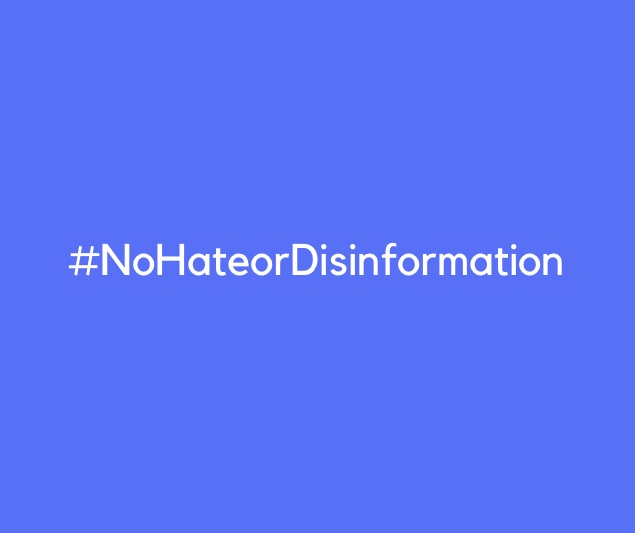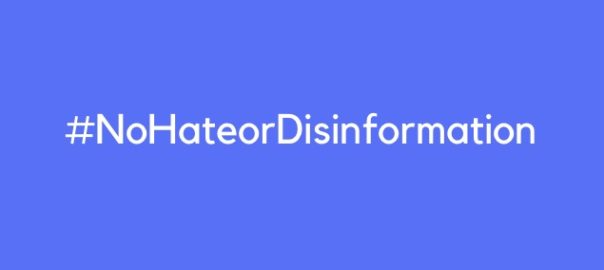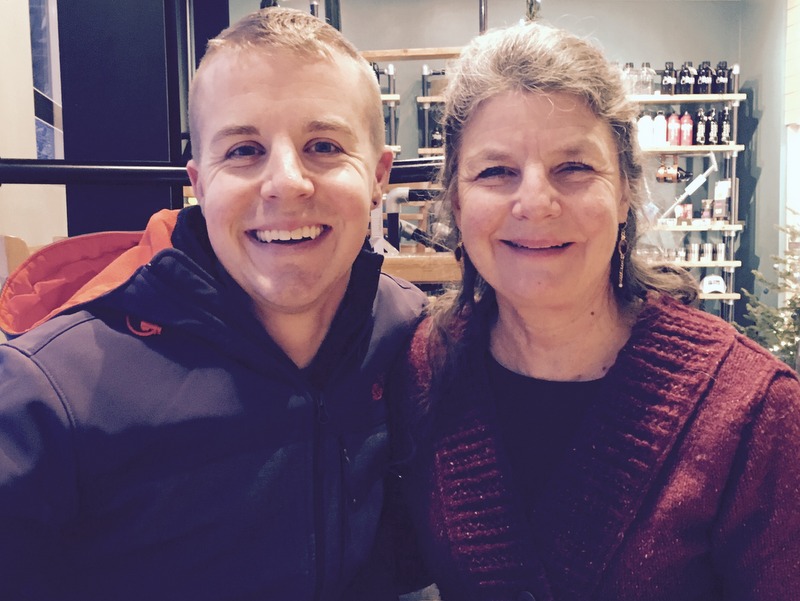My friend Carol emailed to ask if I would boycott Facebook for its inadequate removal of hate speech.
Her question sparked a childhood memory. We met in Catholic school when I was the “new girl” in third grade. The following year, she and I sprawled on the shag carpet in my family’s dining room. Carol told me one of our classmates taunted her during recess.
“Why?” I asked.
“Because I’m colored.”
I don’t remember my reply. Honestly, I am not even sure I did reply. I didn’t know words like empathy or racism. But I remember feeling a wave of emotions for her and a flash of anger toward the boy that hurled the hurtful words. Carol’s parents were born in the Philippines. Until that day, though, I never noticed she and I were different colors.
Fifty-five years later, people are still being harassed—and murdered—because of the color of their skin. In the wake of the murders of Ahmaud Arbery, Breonna Taylor, George Floyd, Elijah McClain, Rashad Brooks, and so many others, sorrow and rage have swept the country. Cries for equity and justice abound.
Carol’s email arrived the day hundreds of companies began a Stop Hate for Profit advertising boycott. Businesses united “to force Mark Zuckerberg to address the effect that Facebook has had on our society.”
I wrote I had never paid for advertising nor made any purchases via Facebook. “I hope more companies pull their ads and join the boycott, though.” I added, “I like posts about marches and activism opportunities, links to articles, and connections with family and friends.”
“Couldn’t FB members do a 3-day boycott?” she replied.
Her suggestion felt huge. And my Facebook reach felt small. In addition, I often used Facebook numerous times each day between my personal page and two public pages.
In previous weeks though, heartbreaking images and accounts of racism and police brutality—on television and online and in print—spurred me to commit to antiracism. I had attended Black Lives Matter protests and made additional donations to organizations fighting for equity and justice. Carol asked for more.
And we had a bond that began in 1964 when my family relocated to my parents’ hometown of Butte, Montana.
The day after her query, I replied I would promote a boycott. A pair of New York Times articles days later strengthened my resolve.
“very disappointing”
Civil rights groups called a July 7 meeting with Facebook’s top executives, Mark Zuckerberg and Sheryl Sandberg, “very disappointing.” Derrick Johnson, President and CEO of the N.A.A.C.P., said, “They lack this cultural sensitivity to understand that their platform is actually being used to cause harm, or they understand the harm that the platform is causing and they have chosen to take the profit as opposed to protecting the people.”
On July 8, Facebook released the findings of a two-year audit examining its policies. According to its handpicked auditors Laura W. Murphy and Megan Cacace, lawyers and civil rights experts, “Facebook has made policy and enforcement choices that leave our election exposed to interference by the president and others who seek to use misinformation to sow confusion and suppress voting.”
The July 8 article quoted Vanita Gupta, President and CEO of the Leadership Conference on Civil and Human Rights: “As long as the platform is being weaponized to spread hate and violence, harm vulnerable communities, and undermine our democracy, we will continue to hold the platform accountable.”
Together
As individuals, we too can join in efforts to hold Facebook accountable. Please sign the #StopHateforProfit petition. And add your name to a letter thanking businesses for putting principles above profits.
On July 27, please join a 3-day #NoHateorDisinformation Facebook boycott. That day, Mark Zuckerberg and CEOs of Amazon, Apple, and Alphabet’s Google will testify before Congress in an antitrust hearing.

Using the above graphic for your profile picture—either as a temporary or ongoing photo—will add power to our collective action. Give yourself a three-day pause from Facebook and perhaps all social media.
- Go for a walk
- Read
- Listen to music or a podcast
- Dance
- Spend time with family or friends—four-legged or two-legged
- Garden
- Draw or write or color or paint
- Connect with others virtually or via phone, email, or letters
- Meditate
- Create found object art or a word collage
- Bake or prepare a special meal
- Text or email photos or videos of your boycott creations or activities
- Be still. And listen.
We are not born with prejudice or hate in our hearts, and we are all human. Some of us even share the same soul.
Thank you for joining the July 27-29 boycott to urge Facebook to ban hate speech and disinformation. Together, may we make the world a safer and more humane place.

